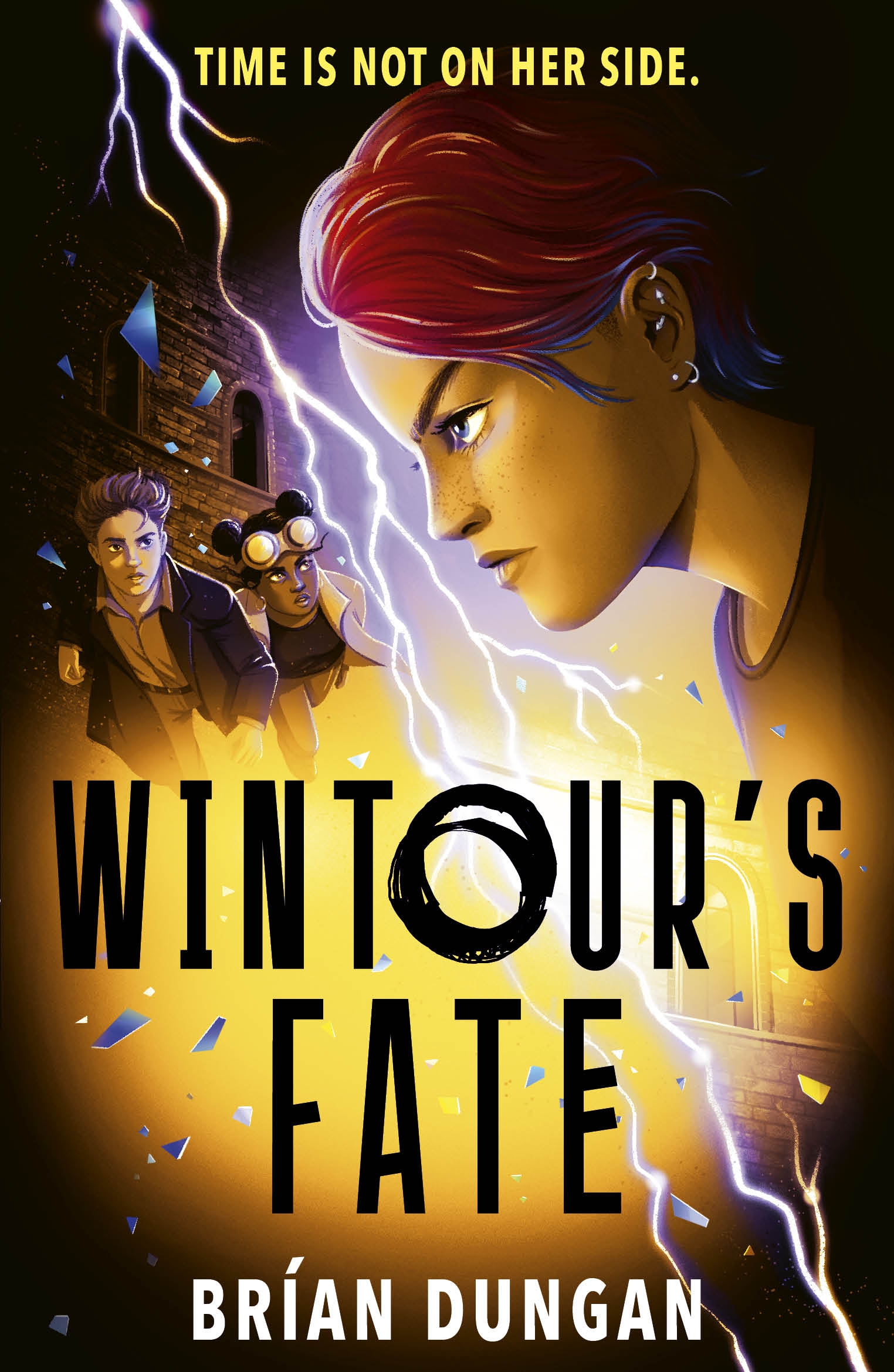The Maverick Mountaineer: The Remarkable Life of George Ingle Finch: Climber, Scientist, Inventor

As seen:
By Robert Wainwright (Author)
avg rating
2 reviews
WINNER OF THE TIMES BIOGRAPHY OF THE YEAR PRIZE AT THE CROSS BRITISH SPORTS BOOK AWARDS 2017
In the spring of 1901 a teenager stood on top of a hill, gazed out in wonderment at the Australian landscape and decided he wanted to be a mountaineer. Two decades later, the same man stood in a blizzard beneath the summit of Mount Everest, within sight of his goal to be the first to stand on the roof of the world. George Finch was at the highest point ever reached by a human being and only his decision to save the life of his stricken companion stopped him from reaching the summit.
George Finch was a rebel of the first order, a man who dared to challenge the British establishment who disliked his independence, background, long hair and lack of an Oxbridge education. Despite this, he not only became one of the world’s greatest alpinists, earning the grudging respect of his rival George Mallory, but pioneered the use of the artificial oxygen that enabled Everest to finally be conquered thirty years after his own attempt. A renowned scientist, a World War I hero and a Fellow of the Royal Society, involved in the development of some of the twentieth century’s most important inventions, his skills helped save London from burning to the ground during the Blitz. Finch’s public accomplishments, however, were shadowed by his complicated private life and his fraught relationship with his son, the actor Peter Finch.
Acclaimed biographer Robert Wainwright restores George Finch to his rightful place in history with this remarkable tribute to one of the twentieth century’s most eccentric anti-heroes.
‘One of the two best Alpinists of his time – Mallory was the other.’ The Times
TweetReviews
Although I am not usually drawn to biographies and do not have sporting or scientific interests, I found this a fascinating read. Wainwright's careful research has allowed him to give a rounded profile of George Finch, an adventurer and inventor well ahead of his time in the 1920's, whose understanding of the essentials for successful mountaineering at high altitudes (safe methods, insulated clothing and use of oxygen) has had lasting impact on this field. As an Australian and a genius, Finch was an outsider in every sense who fell foul of the British mountaineering establishment by challenging their entrenched ways of thinking. Wainwright gives detailed accounts of the viewpoints of Finch's opposition and how their pervasive influence could stifle the progress of individuals regardless of merit.
Finch was a true visionary and polymath whose later success in industrial chemistry resulted in inventions some of which were useful in world war two and others which have an impact on our lives today. I was impressed by his passion, dedication and persistence which fuelled his quest for discovery and resulted in an awesome range of achievements. An inspirational read!
This is the biography of a brilliant Australian chemist who influenced chemistry in the 20th century across the world. He was passionate about chemistry, climbing and creating. He experienced prejudice from members of the Alpine club in Mayfair because he was not old school. This fight may have cost Finch the chance to stand on top of the world in the conquest of Everest.
Born in Australia, one of 3 siblings and lived on a sheep station in N.S.W. As a child he once boarded the famous wool clipper the Cutty Sark as she lay in Circular Quay and got into trouble for day dreaming. This very ship is now on view at Greenwich. I related to this having visited Circular Quay whilst in Australia and had made a recent visit in London to that very ship with my grandchildren. I had forgotten about all the huge wool sacks too that were on display.
He was greatly influenced by his father who taught him to to fight his own battles and rely on his own resources. He was encouraged to read and was fascinated by his father's Science books. He did not have a good relationship with his mother. Perhaps this is why he took time to find a wife that he was suited too.
Finch was one of the best climbers of his time. He played a significant part in the conquest of Everest using artificial oxygen.
He was very interested in photography and built the Finch camera which remained standard until roughly the 1950's. Good photographs are shown in the book which adds great interest to the account. Finch had an outstanding war record as a letter in the National Archives at Kew shows. He helped to change post war housing construction, and his photo flash had implications for the design of heavy machinery, trains, railway track, building bridges and shipping.
During WW 2 he helped find science positions for scientists and students out of worn torn Europe and bought them back to England to make sure the science skills were not lost.
I would recommend this book and say that the best passages are those that describe the battles between the old school ideas and with it the snobbery of the class system. Finch certainly left a legacy that now has been uncovered for me.
The writer held my attention and was a page turner for me personally.






